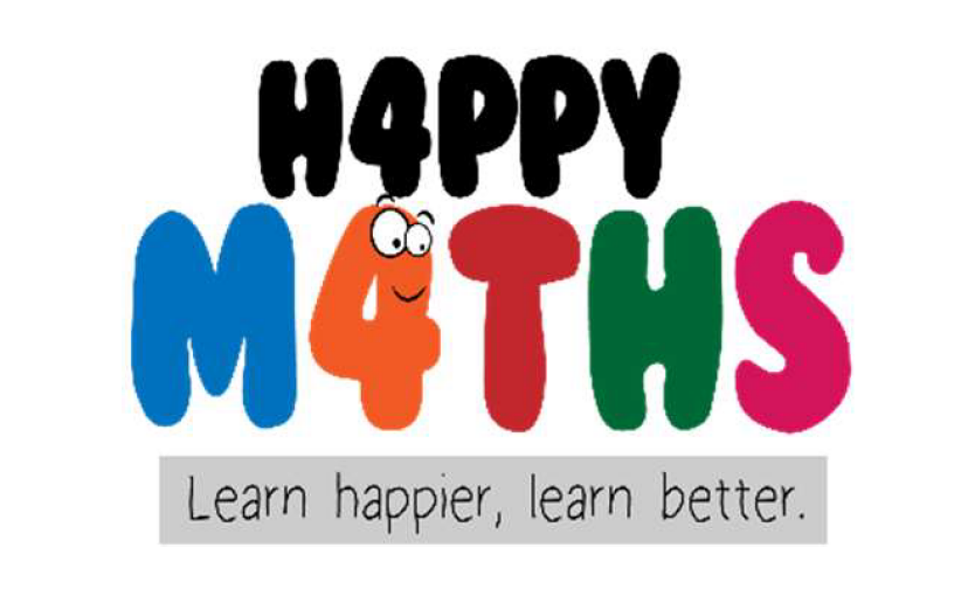
Postdoctoral Research Fellowship
Maths Game-based Learning for Primary School Pupils (the Happy Maths Project)
Duration: 15 months (with an option to be extended to 24 months)
Yearly Salary: approx. 64000 euros
Location: TU Dublin, Ireland
TU Dublin has a position available for a post-doctoral research fellow in maths game-based learning to work on the Happy Maths project funded by Science Foundation Ireland.
The project
Happy Maths is an engagement and research game-based programme for primary schools to strengthen pupils’ maths skills, mitigate the negative effects of Maths Anxiety and raise awareness among teachers and parents about Maths Anxiety and game-based learning.
The programme consists in cycles of 6-week-intervention in schools, where pupils engage with educational digital games for Maths. Our target age group goes from 6 to 11 year old. The games used in Happy Maths are original award-winning games developed by our research team, designed to stimulate strategical thinking, creativity and problem solving.
The research team behind Happy Maths is multi-disciplinary, including cognitive and behavioural scientists, psychologists, computer scientists and researchers in primary education. The project is led by TU Dublin with active collaborations with University of Galway, University of Chicago and Georgetown University.
We are seeking an experienced researcher with a PhD in the area of educational psychology, cognitive science, or maths education with a solid quantitative background and a deep theoretical understanding of maths learning and cognition, maths anxiety, maths learning developmental models.
The project, running since 2021, has accumulated a large and unique dataset of in-class experimentations. The dataset includes demographic information, cognitive measurements, academic results, emotional measures (such as maths anxiety, general anxiety) of about 3000 players that participated to our intervention. Data from their parents are also available. It also includes detailed game data from more than 100,000 matched played in class and at home.
This dataset represents a unique source of information to answer research questions in the field of maths learning and game-based learning, and to verify, on a much larger and more authentic setting, behaviours so far only observed in small lab experiments.
Sample research questions we are investigating are:
1. How do children evolve their strategies over time?
2. Do maths anxious students learn the game at a different rate compared to non-anxious students?
3. What is the effect of maths anxiety on the game levels of engagement and performance?
4. Is there any gender-difference in the way children engage and play the game?
5. Does our game-based intervention improve maths skills? For what cohort of children?
6. Do children learn more when they play versus a computer or versus a classmate?
The position
This postdoctoral position has two main responsibilities:
1. Dissemination of project results. We are expecting to deliver a set of high-level publications in scientific journals in the field of Cognitive Science, Educational Psychology, Computer and Education. This job position is therefore an excellent opportunity for a post-doctoral researcher to gain visibility with quality publications and set the foundation for her/his future academic career.
2. Design and supervision of experiments in schools. The Happy Maths project provides a unique platform to execute controlled study in the classroom. The candidate will have the freedom to design her/his own experiments and research questions.
Required skills:
- PhD in Psychology, Education or Cognitive Science.
- Strong theoretical foundations in maths learning and cognition
- Experience with RCT studies in schools is desirable.
- Expertise in advance data modelling (mixed linear models, hierarchical models, path analysis, mediator and moderator analysis) is an advantage.
- Previous experience with game-based learning is not required but it is an advantage.
Role Requirements and Responsibilities:
- Dissemination of project results, ability to lead the publication process of scientific articles.
- Design and execution of RCT studies in schools, with responsibility for selecting the appropriate scales and tools for pre- and post-test measurements.
- Exceptional verbal, written and presentation skills.
- The successful candidate will have the ability to work independently and as part of a team.
- Strong attention to detail and the ability to work under strict deadlines.
- Liaising with key internal and external Stakeholders, (i.e. University, Schools, Principals, Teachers) ensuring efficient delivery of the project.
Principal Accountabilities
- Report to Principal Investigator
- Work under supervision on an assigned research task.
- Manage time effectively to meet the deliverables of the project.
- Actively comply with all TU Dublin policies and regulations.
Contract Details:
- 15 months full time contract (with a potential extension to 24 months)
- Salary: Postdoctoral research fellow. Yearly salary: approx. 64000 euros
Location:
Technological University Dublin, School of Computer Science, Grangegorman Campus (Dublin, Ireland)
Deadline for application: 30th September 2024
How to apply:
For any query or to submit your CV contact: Dr. Pierpaolo Dondio, pierpaolo.dondio@tudublin.ie
JULY / 2024
Text author: Pierpaolo Dondio
© All Right Reserved. Intelligent Games Labs
e-mail us: pierpaolo.dondio@tudublin.ie

